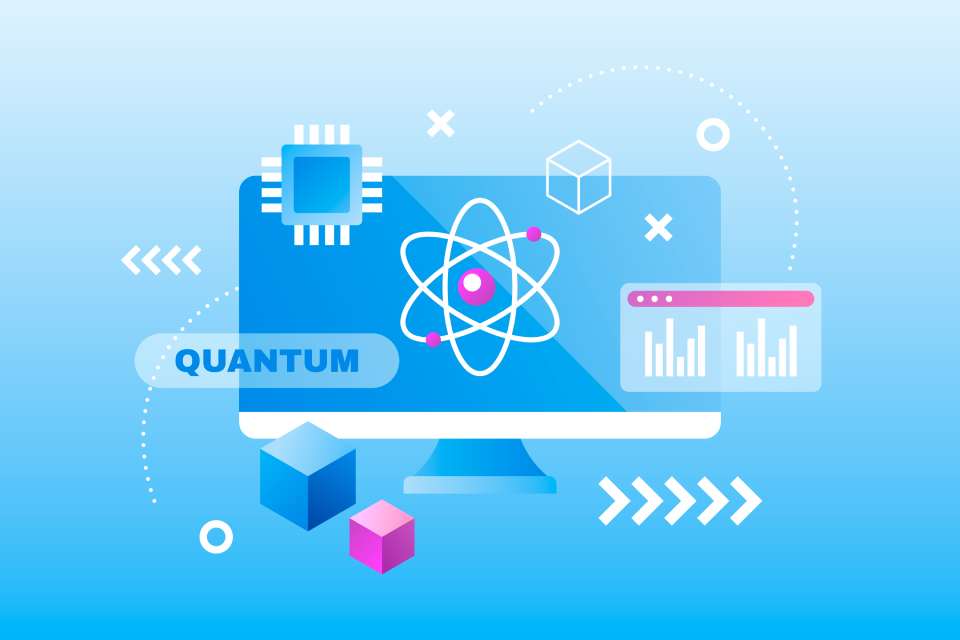The article is devoted to real-life, working quantum computers, their technical characteristics, prospects, and capabilities.
Are There Quantum Computers?
Quantum computers are devices that use features of quantum mechanics to perform calculations. They differ from classical computers in that instead of bits (units of information that can take values of 0 or 1), they operate with qubits (quantum bits that can be in a superposition of two states simultaneously). Thanks to this, quantum computers can solve some problems much faster and more efficiently than classical ones.
Quantum computers exist in reality, but they are at an early stage of development. The most powerful quantum computer currently is the IBM Quantum Condor with 433 qubits1, which was introduced in 2023. However, this computer is not available for general use and only works in a laboratory environment. In addition, there are other quantum computer projects from companies and organizations, such as Google, Microsoft, Intel, Amazon, Alibaba, and Yandex.
When Will There Be Personal Quantum Computers?
Personal quantum computers are devices used in everyday life for various purposes. For example, they can help with learning, entertainment, communication, security, etc. However, personal quantum computers have yet to exist, and it is unknown when they will appear.
One of the reasons for this is the difficulty of creating and maintaining qubits in a stable state. Qubits are very sensitive to external influences and easily lose their superposition. To do this, they must provide a very low temperature (about -273 degrees Celsius), high vacuum, and isolation from electromagnetic fields. This requires special equipment and high energy consumption.
Another reason is the need for universal standards and algorithms for quantum computing. Different quantum computer designs use different physical systems for quantum computing. Physical systems have advantages and disadvantages, such as speed, accuracy, scalability, and noise tolerance.
Description Of The Topic And Its Relevance
The topic of quantum computers is one of the most promising and relevant in modern science and technology. Quantum computers promise breakthroughs in several fields, such as chemistry, biology, medicine, finance, cryptography, artificial intelligence, and others. They can help solve complex problems that are impossible or difficult to solve on classic computers. For example, they can simulate the behaviour of molecules and atoms, optimize complex systems, find new materials and drugs, decrypt protected data, etc.
However, creating quantum computers also presents a great scientific and technical challenge. Developing new physical platforms, algorithms, standards, software, and interfaces is necessary. Decoherence, noise, errors, and interference must also be considered. Therefore, the development of quantum computers requires the joint efforts of scientists, engineers, programmers, and investors from different countries and organizations.
Also Read: Quantum Computers And Cloud Applications








